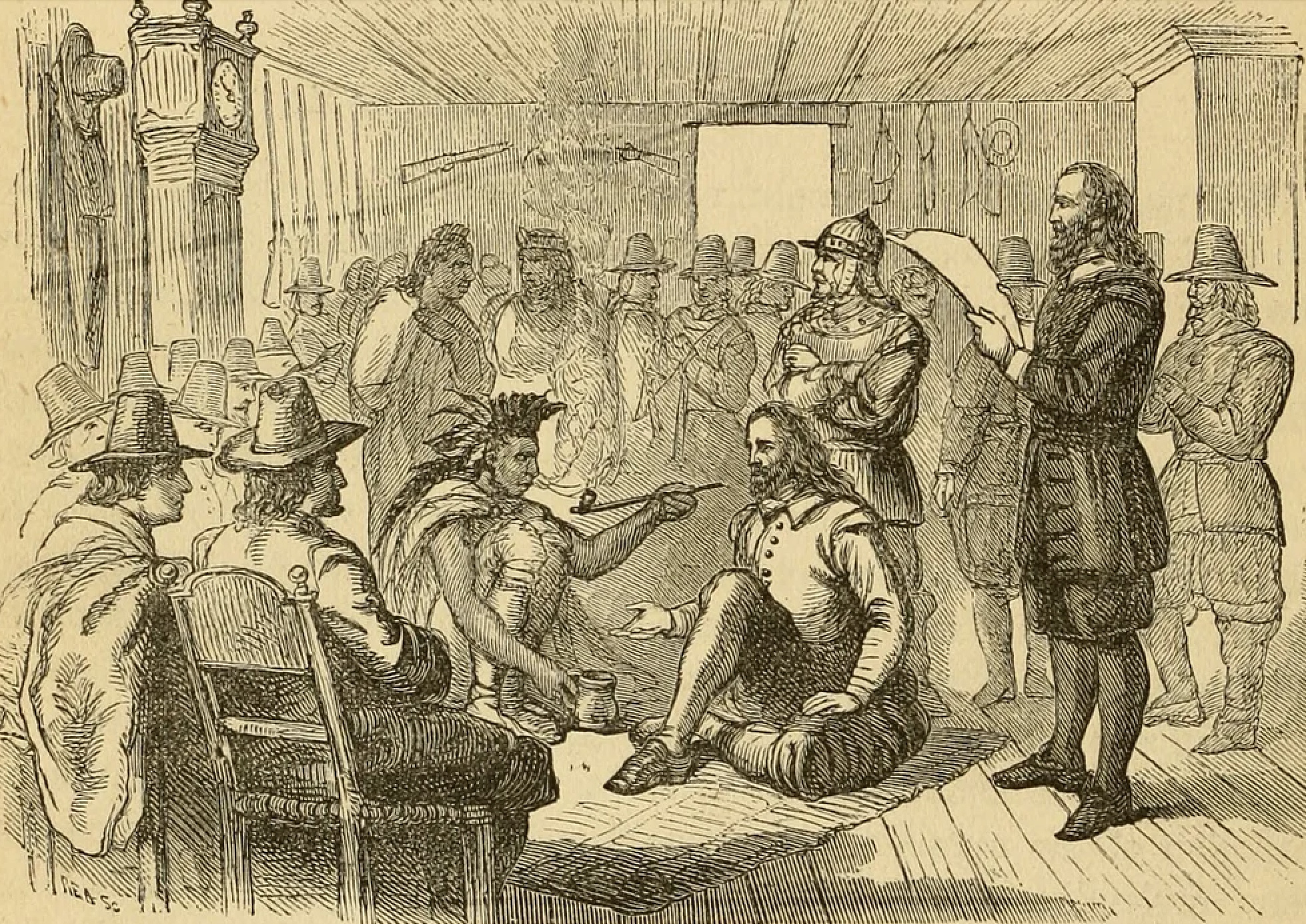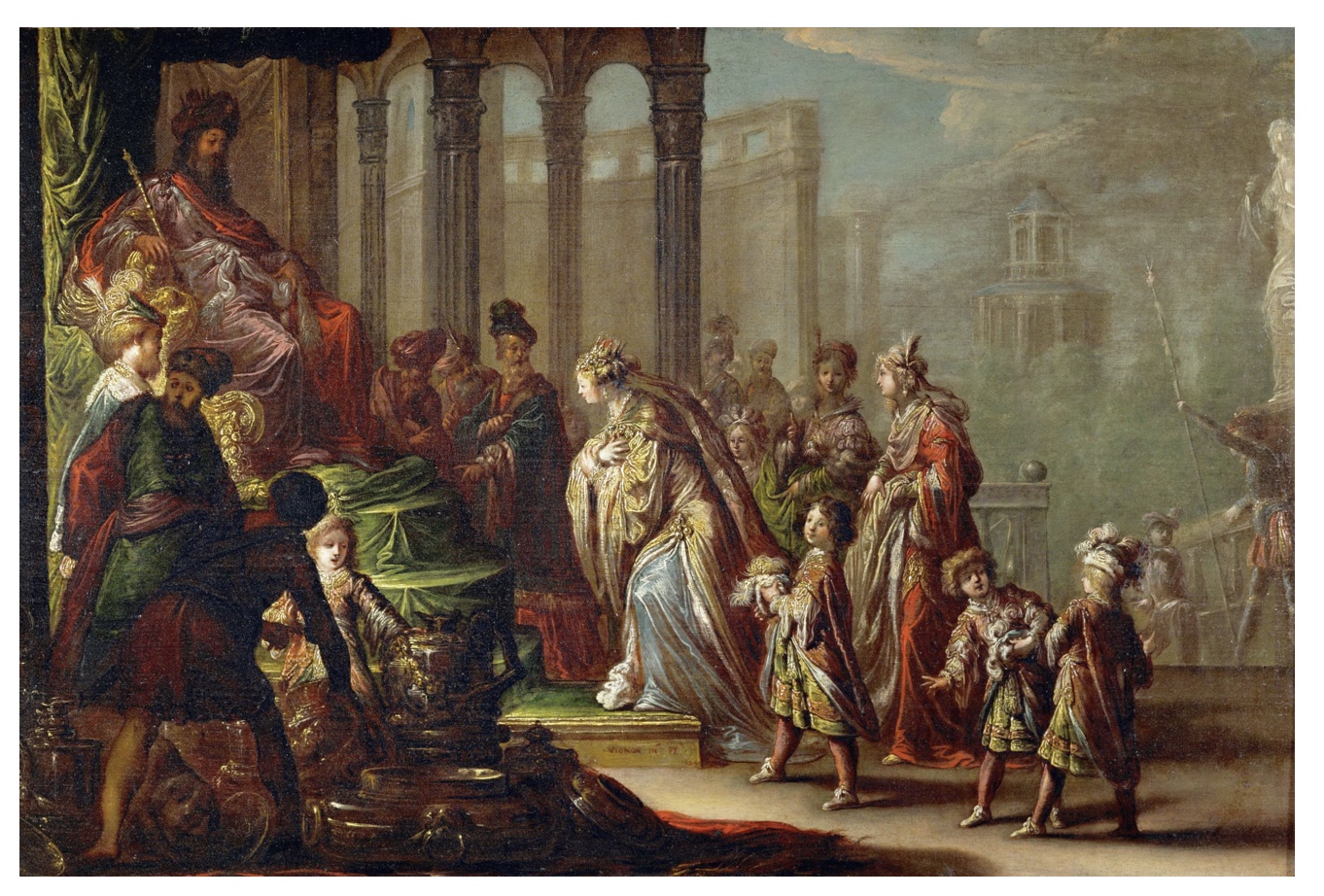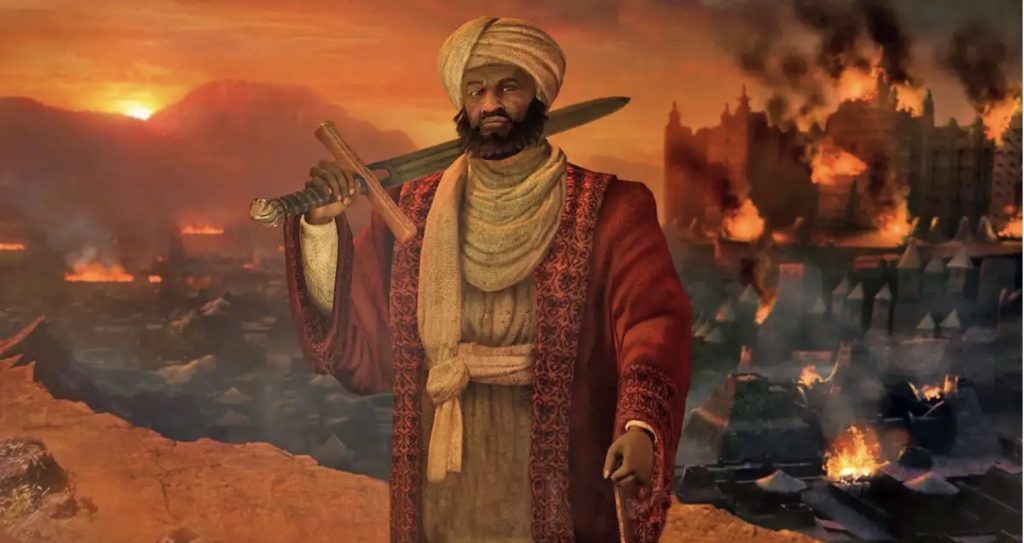
The Songhai Empire, a pivotal era in African history, represents a period of cultural richness, expansive trade networks, and profound Islamic scholarship.
Originating from humble beginnings, the empire thrived under remarkable leadership, leaving an enduring legacy that continues to influence the region to this day.
The Songhai Empire, spanning from the 15th to the 16th century in West Africa, stands as a testament to the continent’s diverse and vibrant history.
Emerging from the fertile lands along the Niger River, the Songhai people evolved from a small kingdom into a powerful empire, shaping the socio-cultural landscape of the region.
Tracing the Songhai Empire’s Beginning
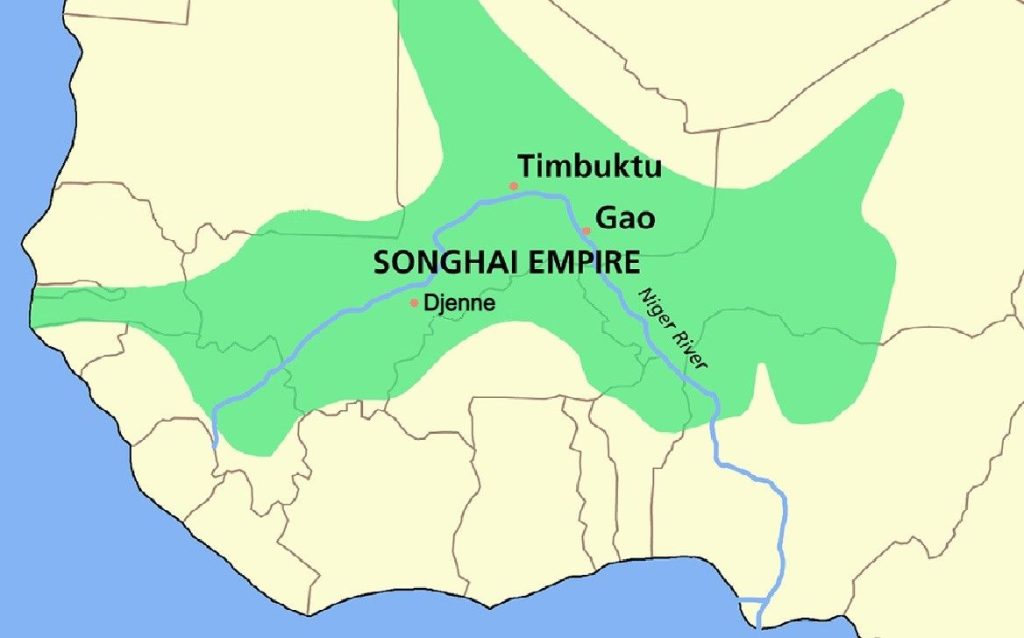
Origins of the Songhai People
The Songhai people have a rich and ancient history that dates back to the Ghana Empire, where they initially settled as agriculturalists and traders. The fertile lands along the Niger River provided them with ample resources to cultivate crops and support livestock, fostering a stable and prosperous community. Over centuries, the Songhai developed a distinct identity characterized by their language, customs, and social structures.
The early Songhai society was organized into clans and governed by local chieftains who played crucial roles in maintaining order and overseeing communal activities. These chieftains, respected for their wisdom and leadership, laid the groundwork for the eventual rise of the Songhai Kingdom. As the community grew, so did its ambitions, setting the stage for greater political and territorial aspirations.
Rise of the Songhai Kingdom
By the 7th century, the Songhai Kingdom began to emerge as a significant power in the region. Benefiting from strategic trade routes that connected North Africa to sub-Saharan territories, the Songhai capitalized on the lucrative trade in gold, salt, and other valuable commodities. The kingdom’s position along these trade routes facilitated cultural exchanges and economic prosperity, attracting merchants and scholars from various regions.
The Songhai Kingdom’s rise was marked by a series of strategic alliances and military conquests that expanded its influence. The leadership demonstrated adeptness in diplomacy and warfare, securing key territories and establishing a centralized authority. This period of expansion and consolidation was crucial in transforming the Songhai from a kingdom into a formidable empire.
Formation of the Songhai Empire
The transition from the Songhai Kingdom to the Songhai Empire was spearheaded by dynamic and visionary leaders, most notably Sonni Ali. Under his reign, the Songhai embarked on an aggressive campaign of expansion, incorporating vast territories and diverse ethnic groups into its domain. Sonni Ali’s military prowess and innovative strategies enabled the empire to subdue rival states and fortify its borders.
The establishment of the Songhai Empire marked a new era of political and economic dominance in West Africa. The empire’s administrative structures were refined to manage its growing territories, with local governors appointed to oversee provincial affairs. This centralized governance ensured stability and efficient resource management, laying the foundation for a golden age of prosperity and cultural flourishing.
The Songhai Empire Ascendancy
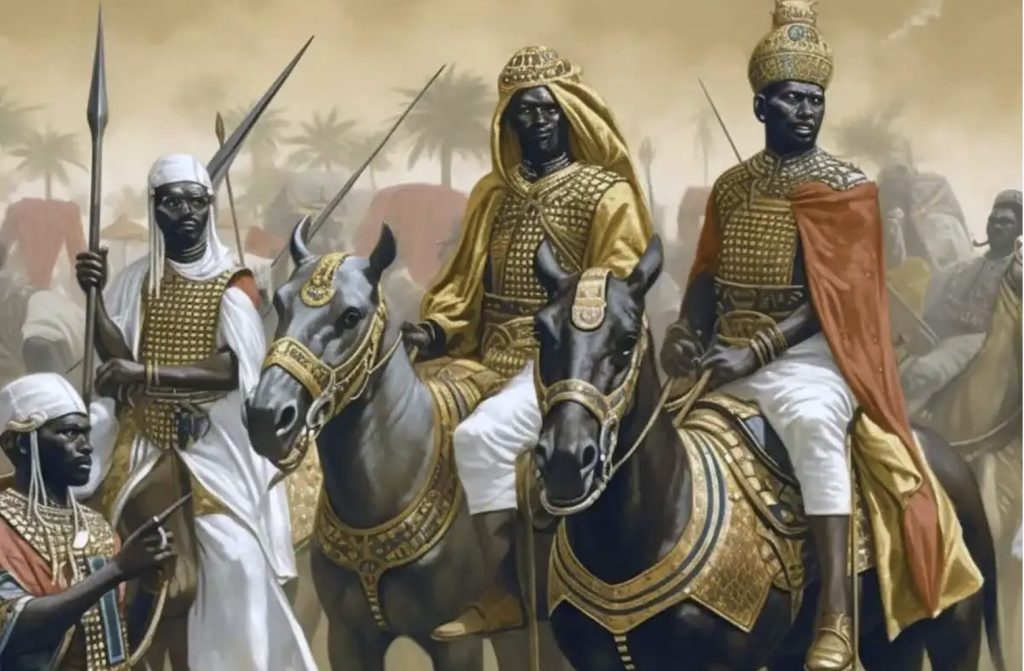
Expansion Under Sunni Ali
Sonni Ali, also known as Sonni Ali Ber, is often credited with the dramatic expansion of the Songhai Empire during the mid-15th century. His reign, which lasted from 1464 to 1492, was characterized by relentless military campaigns aimed at securing and expanding the empire’s territories. Sonni Ali’s military strategies were revolutionary for the time, incorporating both naval and cavalry units to dominate the Niger River and surrounding regions.
Under Sonni Ali’s leadership, the Songhai Empire annexed critical cities such as Timbuktu and Djenne, which were not only economic hubs but also centers of learning and culture. His conquest of these cities disrupted the power dynamics in West Africa and positioned the Songhai Empire as the preeminent power in the region. Sonni Ali’s ability to integrate conquered territories into the empire without completely dismantling their existing structures contributed to the stability and cohesiveness of the empire.
Sonni Ali’s reign also saw the establishment of a formidable navy to patrol the Niger River, ensuring the security of trade routes and the efficient movement of troops. This naval prowess enabled the Songhai Empire to maintain control over its vast territories and protect its economic interests from external threats.
Peak Under Askia Muhammad
The Songhai Empire reached its zenith under the rule of Askia Muhammad I (formerly Muhammad Ture, the first ruler of Askia Dynasty in Songhai Empire), also known as Askia the Great, who came to power in 1493 following the death of Sonni Ali. He was the leading general during Sonni Ali’s reign, who challenged the leadership of Sonni Ali’s son.
Askia Muhammad’s reign is often regarded as the golden age of the Songhai Empire due to his significant contributions to administrative reforms, economic prosperity, and cultural development. He was a military leader, a devout Muslim, and a dedicated scholar.
Askia Muhammad implemented a series of administrative reforms that centralized governance and improved the efficiency of the empire’s bureaucracy. He established a structured tax system, standardized weights and measures, and appointed competent officials to oversee various aspects of the empire’s administration. These reforms not only enhanced the empire’s economic stability but also fostered a sense of unity and order among its diverse population.
Under Askia Muhammad’s patronage, the Songhai Empire became a beacon of Islamic scholarship and learning. He invited scholars from across the Islamic world to Timbuktu and other major cities, transforming them into renowned centers of education and intellectual exchange. The establishment of madrasas and libraries attracted students and scholars, contributing to advancements in various fields such as astronomy, mathematics, medicine, and theology.
Askia Muhammad’s diplomatic acumen also played a crucial role in the empire’s prosperity. He established diplomatic relations with neighboring states and powerful Islamic caliphates, securing alliances and trade agreements that bolstered the empire’s economic and political standing. His pilgrimage to Mecca, known as the Hajj, further solidified the Songhai Empire’s reputation as a leading Islamic state and enhanced its influence in the Muslim world.
Culture, Religion, and Monarchy
Cultural Diversity and Traditions
The Songhai Empire was a melting pot of cultures, traditions, and ethnicities, reflecting the diversity of its vast territories. The empire encompassed various ethnic groups, including the Songhai, Mandé, Fulani, and Tuareg, each contributing to the rich tapestry of cultural practices and traditions. This diversity was celebrated and integrated into the daily life of the empire, fostering a sense of unity and mutual respect among its inhabitants.
Traditional practices and customs were preserved and adapted within the framework of the empire’s governance. Festivals, music, dance, and oral storytelling were integral aspects of cultural expression, serving as mediums for preserving history and heritage. The griots, or traditional storytellers, played a significant role in maintaining the oral history and passing down the legends and achievements of the Songhai people.
Role of Islam in Songhai Society
Islam had a profound influence on the Songhai Empire, shaping its social, political, and cultural landscape. The adoption of Islam by the ruling class, particularly under the reign of Askia Muhammad, led to the integration of Islamic principles into the empire’s governance and legal systems. Islamic law, or Sharia, was implemented alongside traditional practices, providing a framework for justice and administration.
Mosques and madrasas became central institutions in the empire, serving not only as places of worship but also as centers of education and community gatherings. The construction of grand mosques, such as the Djinguereber Mosque in Timbuktu, symbolized the empire’s commitment to Islamic architecture and religious devotion. These mosques attracted scholars, traders, and travelers from across the Islamic world, fostering intellectual and cultural exchange.
Leadership and Administration
The leadership of the Songhai Empire was characterized by a strong centralized monarchy supported by an efficient administrative system. The emperor, or Askia, wielded supreme authority, overseeing the governance of the empire and ensuring the implementation of laws and policies. The administration was organized into various departments, each responsible for specific functions such as finance, defense, and justice.
Local governance was entrusted to provincial governors, known as “farbas,” who were appointed by the emperor. These governors were responsible for maintaining order, collecting taxes, and implementing imperial directives within their respective provinces. This decentralized approach allowed for effective management of the empire’s vast territories and ensured that local customs and practices were respected.
A Hub of Commerce and Learning
Trade Routes and Economic Prosperity
The Songhai Empire’s strategic location along the Niger River and its control over trans-Saharan trade routes were key factors in its economic prosperity. The empire became a central hub for trade, facilitating the exchange of goods between North Africa, the Mediterranean, and sub-Saharan Africa. Commodities such as gold, salt, ivory, and slaves were traded for textiles, spices, and other valuable goods, creating a thriving economy.
The wealth generated from trade enabled the Songhai Empire to invest in infrastructure, including the construction of roads, bridges, and ports, which further enhanced its economic capabilities. The empire’s cities, particularly Timbuktu and Gao, flourished as commercial centers, attracting merchants, traders, and artisans from diverse regions.
Educational Institutions and Scholarship
The Songhai Empire‘s commitment to education and scholarship was evident in its support for renowned centers of learning. Timbuktu, in particular, gained international acclaim for its universities and libraries, becoming a beacon of knowledge and intellectual pursuit. The University of Sankore, one of the oldest universities in the world, attracted scholars from across the Islamic world who contributed to advancements in various fields of study.
Manuscripts and texts on subjects ranging from astronomy and mathematics to medicine and theology were preserved and studied in these institutions. The scholars of Timbuktu and other cities played a pivotal role in the transmission of knowledge, ensuring that the intellectual heritage of the Islamic world was preserved and disseminated.
Islamic Influence in Africa
Spread of Islam in West Africa
The spread of Islam in West Africa was significantly influenced by the Songhai Empire’s embrace of the religion. Muslim merchants and scholars introduced Islamic teachings, customs, and legal systems to the region, facilitating the conversion of local populations. The empire’s rulers, particularly Askia Muhammad, actively promoted Islam, establishing it as the state religion and integrating its principles into governance and daily life.
Islamic practices such as daily prayers, fasting during Ramadan, and the observance of Islamic holidays became integral aspects of the cultural fabric of the Songhai Empire. The establishment of mosques and madrasas across the empire provided spaces for religious education and community gatherings, reinforcing the spread and consolidation of Islamic beliefs.
Scholars and Centers of Learning
The Songhai Empire’s contribution to Islamic scholarship was profound, with Timbuktu and Djenne emerging as major centers of learning. These cities housed numerous madrasas, universities, and libraries that attracted scholars from across the Islamic world. The scholars engaged in intellectual debates, conducted research, and wrote manuscripts that covered a wide range of subjects, including theology, law, science, and literature.
The preservation and copying of manuscripts in these centers ensured the transmission of knowledge to future generations. The works produced by Songhai scholars and preserved in the libraries of Timbuktu remain invaluable sources of historical and cultural knowledge, providing insights into the intellectual and cultural achievements of the Islamic world during this period.
Despite Muhammad Askia’s zeal for the religion, he didn’t force his subjects and conquered areas to convert to Islam.
The Songhai Empire Legacy & Lasting Impact
Decline and Fall
Like many empires, Songhai Empire fell prey to hubris, which manifested in greed and political machinations of human beings.
Despite its achievements, the Songhai Empire faced internal strife and external pressures that eventually led to its decline. The empire’s vast territories and diverse population made it difficult to maintain centralized control, leading to administrative challenges and regional conflicts. Additionally, external threats from rival states and foreign invaders further weakened the empire’s stability.
The decisive blow to the Songhai Empire came in the late 16th century with the invasion by Moroccan forces equipped with firearms and modern military technology.
The Battle of Tondibi in 1591 marked a significant defeat for the Songhai, leading to the collapse of the empire’s political and military structures.
The Moroccans eventually withdrew several decades later due to constant rebellions and unrest, but the Songhai Empire couldn’t be revived anymore.
It has fractured into dozens of smaller kingdoms. Later, it fell to the French under the age of colonization.
The fall of the Songhai Empire marked the end of an era of African dominance in the region and ushered in a period of foreign domination and fragmentation.
Impact on Subsequent African Empires
The legacy of the Songhai Empire endured long after its collapse, influencing the rise of successor states and kingdoms across West Africa.
The administrative innovations, cultural syncretism, and educational legacy of the Songhai Empire continued to shape the identity and development of African societies.
The empire’s emphasis on trade, scholarship, and Islamic principles set a precedent for subsequent African empires, contributing to the continuity of cultural and intellectual traditions in the region.
Conclusion
The Songhai Empire stands as a beacon of Africa’s historical greatness, embodying resilience, cultural vibrancy, and intellectual pursuit.
Its legacy underscores the interconnectedness of African civilizations and their enduring contributions to global history.
The story of the Songhai Empire serves as a reminder of the rich and diverse heritage of the African continent, inspiring future generations to appreciate and celebrate their cultural roots.






